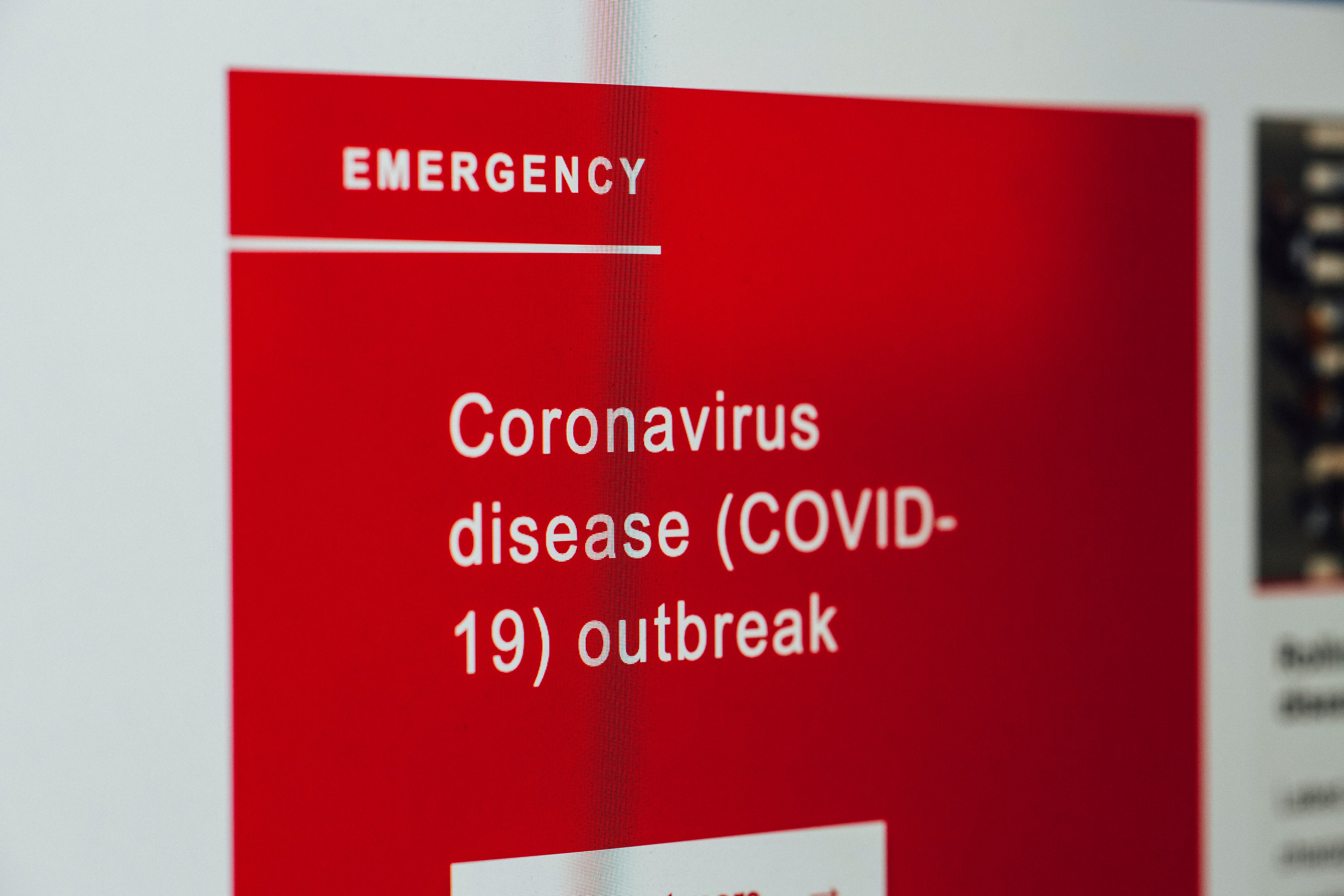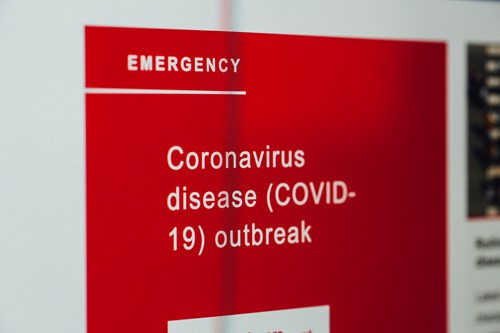The Office of Inspector General (OIG) said the findings may help hospitals and health officials better prepare for and address the wide-ranging and extensive needs of COVID-19 patients, particularly when local communities experience a surge in cases.


A new OIG report that focuses on surges in COVID-19 hospitalizations in six localities finds that Medicare beneficiaries hospitalized with COVID-19 were treated for a wide range of complex conditions such as acute respiratory failure, kidney failure, and sepsis.
Researchers reviewed hospital inpatient claims and enrollment data to identify all Medicare beneficiaries who were hospitalized in a short-term acute care hospital at any point from April1 through July 31, 2020. They then identified six locations that experienced a surge in hospitalizations of Medicare beneficiaries with COVID-19 over a three-week period. The OIG analyzed the diagnoses of those claims to identify the conditions the beneficiaries were treated for during their hospital stays.
The analysis centers on 55,000 beneficiaries hospitalized with COVID-19 in Detroit, Houston, Miami, New Orleans, New York City, and Phoenix. Researchers found:
- Almost all the beneficiaries were treated for acute respiratory issues, such as viral pneumonia, acute respiratory failure, acute respiratory distress syndrome, and pneumonia due to secondary infections
- Close to half were treated for acute kidney failure
- Nearly half had acute circulatory issues
- Approximately two-thirds were treated for significant endocrine, nutritional, or metabolic issues
- More than one-third were treated for sepsis
- More than 50 percent received intensive care or mechanical ventilation
- Dually eligible, Black, Hispanic, or older beneficiaries were disproportionately hospitalized with COVID-19 relative to the Medicare population in these localities
The OIG concluded in the report that although it is well understood that COVID-19 commonly results in significant respiratory conditions for hospitalized patients (affecting an average of 91 percent of hospitalized beneficiaries), COVID-19 can also extend to many other organ systems including the heart, kidneys, and endocrine system.
The findings may also help hospitals, physicians, and other practitioners better prepare for the complex and resource-intensive care needs of Medicare beneficiaries with COVID-19, which may be particularly important during continued surges of the virus.
The Centers for Medicare & Medicaid Services can use the findings to identify beneficiaries who are particularly vulnerable to hospitalization as well as understand the needs of these beneficiaries during their hospitalizations. In addition, the OIG said the analysis shows that Medicare claims data can be used to enhance knowledge of the treatment of COVID-19 and help inform additional research efforts.
